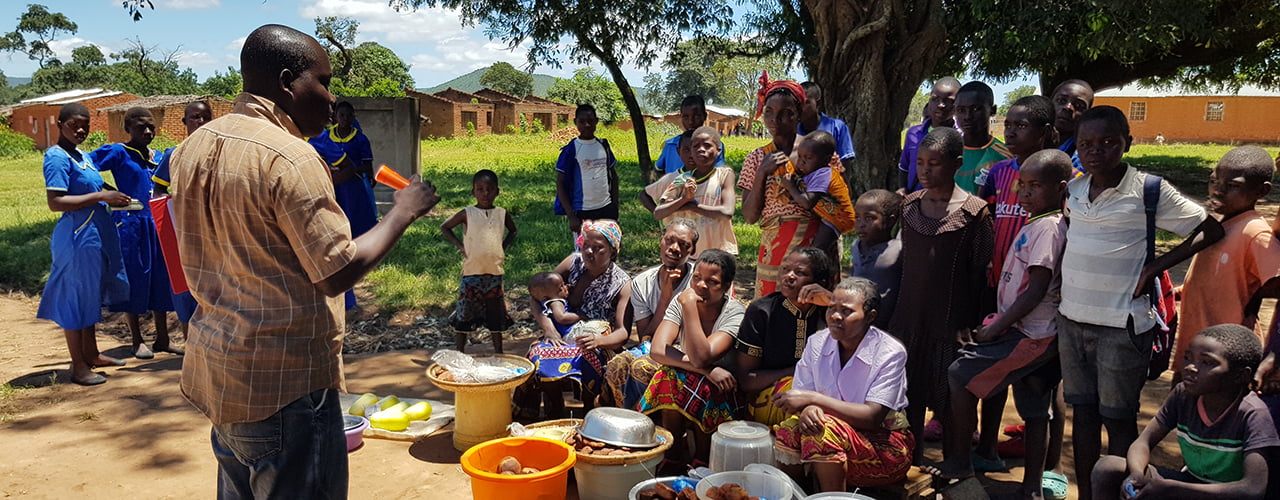
2020 Market Report Looks at Productivity, Circularity and COVID
A new report exploring recent developments in the clean energy market in Southern and East Africa based on insights from EEP Africa’s support for early-stage, private sector-led projects.
In its 2020 Market Report, EEP Africa uses data collected from our call for proposals, annual survey and active portfolio to look at three rapidly developing areas of the clean energy market:
- Evolution of productive use of energy (PUE)
- Role of clean energy in a circular economy
- Impact of COVID-19 on early-stage companies
The EEP Africa 2020 call for proposals, Clean Energy Powering Green Growth, attracted 357 applications. The proposals included a diverse range of agricultural processing and waste-to-energy projects, solar irrigation and cold chain solutions, e-mobility technologies, and mini-grids with integrated PUE solutions.
The call demonstrated strong market interest in productive use applications, as well as the continued need for grant funding to test and demonstrate clean energy innovations, products and business models. While the quality and range of PUE appliances is growing, market entry is still challenging and often requires targeted awareness-raising activities, as well as increased financial inclusion and access to financing. (See also our 2019 study on Powering Productivity.)
EEP Africa also focused its attention on fostering circular economy solutions, including waste-to-energy projects and e-waste management. Clean energy is being produced from a wide variety of agricultural and municipal waste, with innovations in business models and public-private partnerships. These projects also have the potential to produce important climate adaptation and resilience co-benefits. (See also our new study on climate co-benefits, Energising Resilience.) EEP Africa Portfolio Coordinator Chiedza Mazaiwana notes that,
Clean energy projects also address climate change when they promote environmental protection, human health and safety, and job creation and, more importantly, help smallholder farmers build climate resilient value chains through productive use.
Overshadowing all activities this year was COVID-19, which has had a significant impact on clean energy companies. The biggest challenges stemmed from restrictions on the movement of people and goods, which has blocked supply chains and impeded sales and distribution. The pandemic has demanded ingenuity and resilience from companies and investors, and some of the mitigation measures adopted this year may yet evolve into lasting business solutions. (See also our article on COVID.)
These developments have also highlighted that the clean energy sector in Africa needs to develop stronger local capacity and be more inclusive. Local and women entrepreneurs, as well as youth, can play a larger role in the sector as leaders and change agents. EEP Africa Knowledge Manager Tracy Dolan emphasizes that,
The pandemic has highlighted the need to strengthen local capacity. Resilient infrastructure depends on more off-grid energy products and systems being produced, assembled and restored in Africa. Clean energy know-how also needs to be more inclusive, with targeted outreach and support for women and youth entrepreneurs.
This has been a challenging year for people and companies around the world, and it is still unclear whether business will return to normal or move towards a new model of production and consumption. The 2020 Market Report indicates that the businesses able to innovate and adapt will have greater potential to achieve commercial viability and lead the clean energy sector onto a path of sustainable and inclusive growth.
Read the full report here.


